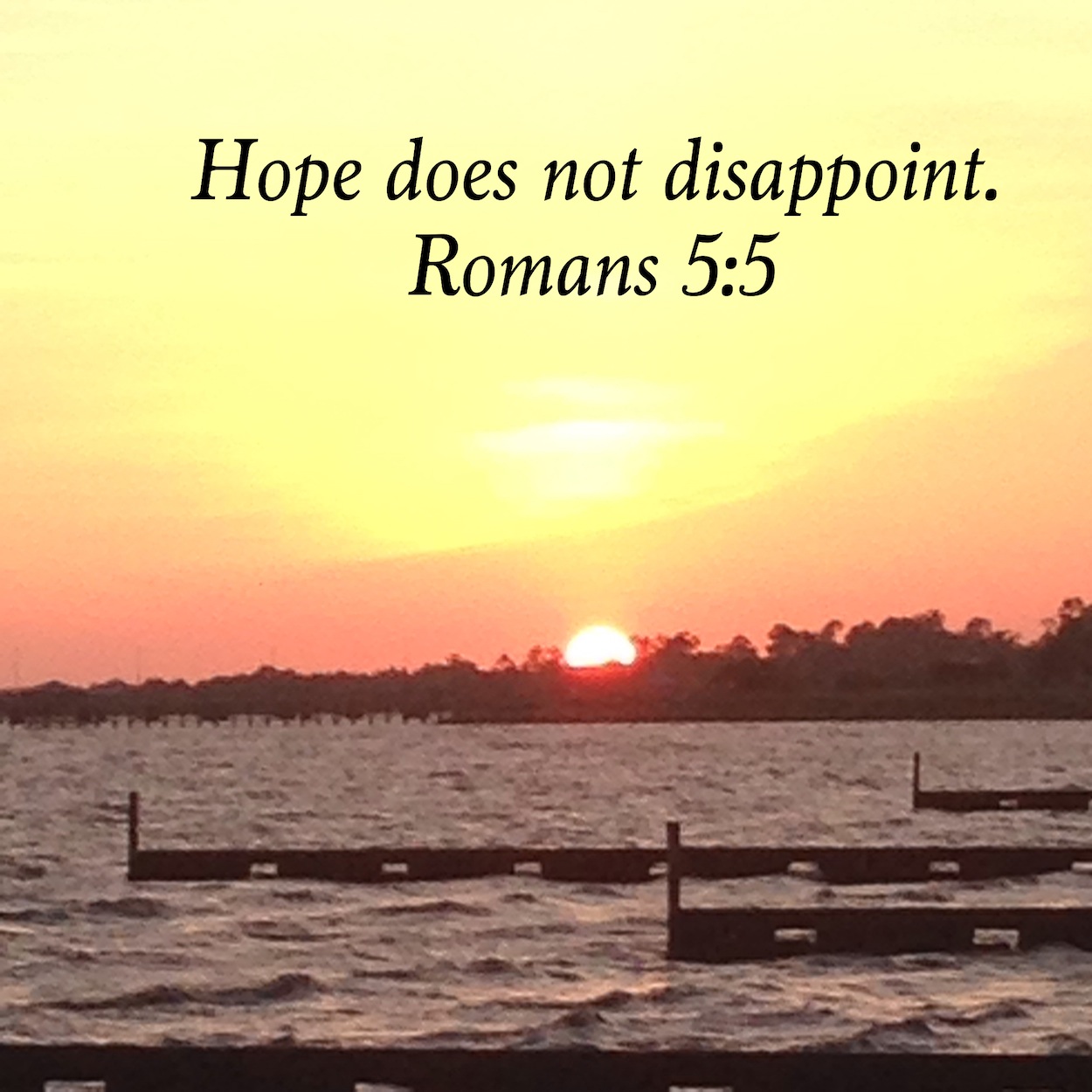 I don’t know about you, but everywhere I turn lately, there seems to be some prophetic warning about an impending economic and social collapse coming to America. Secular financial experts are saying it. Evangelical Protestant pastors are saying it. Catholic evangelists are saying it. There appears to be a common consensus emerging from various sources that we are on the precipice of something big—a major shift in life, as we know it. More than one friend has asked me lately if I believe these warnings are true. And if so, what am I doing about it?
I don’t know about you, but everywhere I turn lately, there seems to be some prophetic warning about an impending economic and social collapse coming to America. Secular financial experts are saying it. Evangelical Protestant pastors are saying it. Catholic evangelists are saying it. There appears to be a common consensus emerging from various sources that we are on the precipice of something big—a major shift in life, as we know it. More than one friend has asked me lately if I believe these warnings are true. And if so, what am I doing about it?
While I will admit that my spirit has been heavy lately about the intense moral confusion that seems to have gripped our culture, I have no idea whether or not the proverbial “doo-doo” is getting ready to hit the fan. What I do hear the Lord saying is this: Be prepared, not scared.
So what exactly does it mean to be prepared? Does it mean that we should store food, take money out of the bank, and bulk up on supplies? I believe it means that that we are to prepare spiritually for whatever comes along. And we do that by loving God with all of our hearts, by giving ourselves entirely to Him and by earnestly seeking to do His will.
While we don’t know what the future holds, we do know that life on earth has an expiration date. We should thus live each day with a lively awareness that this day may be our last; knowing that this might just be the day we meet God face to face. Such a perspective would have us ask ourselves every day whether we’re prepared for the end.
I was reminded of this truth three years ago this week, when our family went to the mountains to celebrate the birthday of my then-one-year-old grandson, John-Henry. My new husband, Mark, went with a group to hike a trail known as “The Dismal,” which is infamous for its difficult, uphill climb. As they hiked up the steep mountain, one of the men in the group, Gary, mentioned how grateful we should be to God for every day, because we don’t know if we will have tomorrow. Our hostess, Bunny, who was also hiking, chimed in that we don’t even know if we will have this afternoon. Two hours later, Gary suffered a cardiac embolism and died on the mountain in Mark’s arms. What a sobering wake up call of how quickly life can end.
I had learned that lesson four years earlier when my late husband, Bernie, suffered a massive heart attack. The morning before Christmas Eve, we were busily preparing to celebrate Christmas and welcome our first grandson into our lives. By that afternoon, Bernie lay in critical condition, and he never came home from the hospital. During the three months he spent in the I.C.U., Bernie found the secret to being prepared, which he shared with me when he woke up from a six-week coma. “I surrendered to God,” he whispered, “and I have so much peace.” He lived six more weeks before dying with no fear, because he had found love, peace and hope, the fruit of sweet surrender.
The virtue of hope, quite simply, has everything to do with placing our lives in God’s hands. Hope is about realizing that this life will be over in the blink of an eye, but that eternity with God lasts forever. Hope is about trusting God, and entrusting ourselves to Him. It’s about resting assured that even if the bottom falls out, God’s got us in His hands—hands that we can count on to carry us to safety.
One thing I’m learning is that catastrophic thinking steals hope, and that it is a major killjoy. Conversely, being present to the present moment, surrendering all to God, and trusting in His providence and love fuels hope; hope that is a meant to be a distinguishing mark of the Christian faith.
Let's get ready for the end by seeking the Lord, and by centering our lives on Him. Anything less is a recipe for fear, which thwarts the way of hope.
Seek first the kingdom of God and His righteousness, and all these things will be given you besides. Do not worry about tomorrow; tomorrow will take care of itself. Sufficient for a day is its own evil. Matthew 6:33-34
